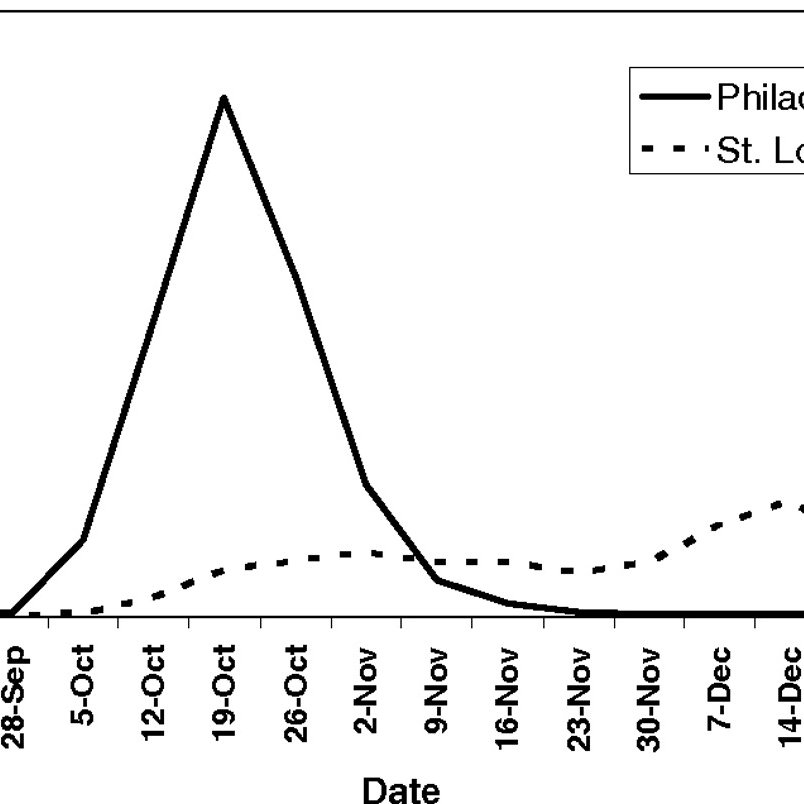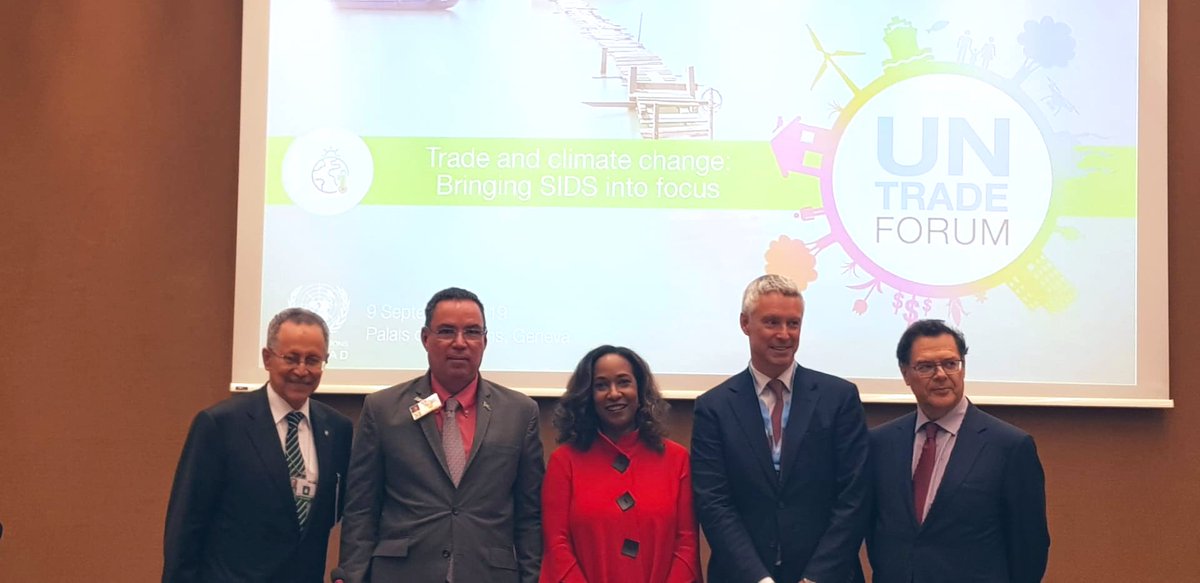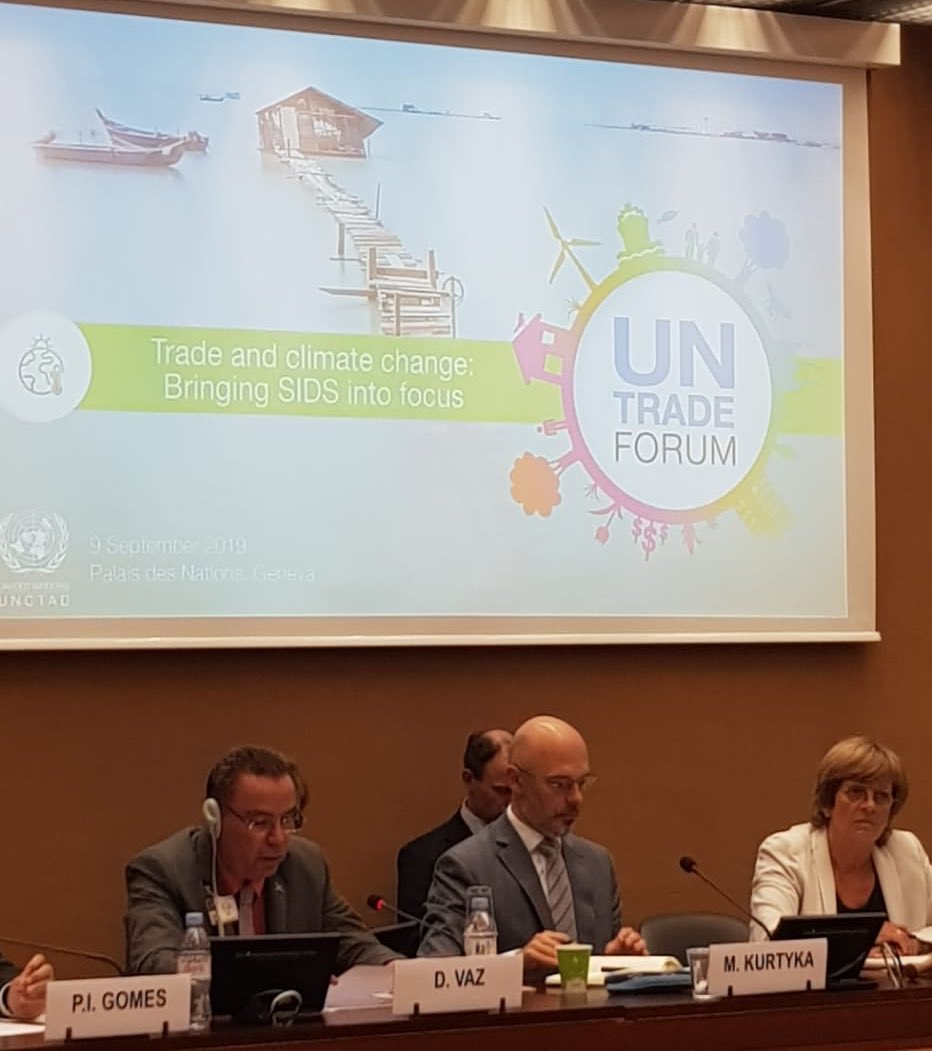But I’ve slowly come to the conclusion that we are significantly underestimating the likely impact of the corona virus—and what all of us should do RIGHT NOW to avoid a staggering number of preventable deaths.
[Thread.]
But I *am* trained in the study of public policy and political philosophy. And the most pressing questions now are moral: they are about what steps we should take in light of significant uncertainty.
1)How bad will things get?
2)What should institutions do about the virus?
3)What should YOU do?
Less than a week ago, Lombardy's health ministersaid hospitals had the capacity to deal with patients; now, they are already beyond capacity.
I still see a lot of people saying that corona will have a similar fatality rate as the flu.
This is nonsense twice over—false empirically and callous normatively.
Even if we are failing to capture many less severe cases of corona, and the recorded fatality rate falls to around 1%, as some experts estimate, that’s TEN TIMES HIGHER than the flu.
Not doing more to reduce deaths from flu is not a reason not to do more to reduce deaths from corona.
(It's also more feasible to reduce transmission of corona because it’s less contagious during incubation)
(I’ll let you do the math yourself.)
This is not a drill.
It’s natural for institutions to react to the problem at hand *today*.
But because of corona’s long incubation period and its potential for exponential growth, they need to react to the problems that are likely to arise *in two weeks*.
Just look at the difference between St. Louis, which canceled public events during the epidemic in 1918, and Philadelphia, which hosted a big parade.
Don’t be Philadelphia.
Be St. Louis.
(@florian_krammer)

That means asking people to:
•Stay away from public places
•Cancel mass gatherings
•Restrict some forms of travel
• Take on the cost for treatment and testing of corona
• Suspend deportations
• Expand capacity of ICUs
• Grant paid sick leave
* Play your games without an audience.
* Hold classes online.
* Postpone your conference.
It might seem like a tough call today. It'll seem like the obvious one soon.
Cancel all rallies today.
It will look weird for the next few days. People will ridicule or attack you.
But within a couple of weeks, voters will realize that it was the moral and prescient thing to do.
It’s hard to change our own behavior while the administration and leaders of other important institutions send the social cue that we should go on as normal.
But since our leaders and institutions are failing, we must change our behavior anyway.
Yes, wash your hands, don’t touch your face, etc.
But, if you can, do more: Avoid public transport. Don't go to big gatherings. Stay home for a while.
And most importantly: DO NOT, FOR THE LOVE OF EVERYONE’S GRANDMA, GO TO WORK OR SCHOOL IF YOU ARE SICK.
If we all do the right thing, corona might yet pass without mass casualties.
Like Y2K, it’ll become a punchline. (Let's hope it will!)
But...
• Y2K passed without a hitch in part because we invested vast resources into preventing problems.
• It’s rational to invest in avoiding the tail-end risk of a catastrophic outcome even if it pretty—or very!—likely that it'll never come to pass.
The costs of social distancing—of canceling valuable events and perhaps of crashing the economy—are very high.
But given the risks involved, I believe they are justified.
[End]
Italy today, America tomorrow.
Corona is not like the flu.
Corona is not like the flu.
Corona is not like the flu.
Corona is not like the flu.
Corona is not like the flu.
Corona is not like the flu.
Corona is not like the flu.
Corona is not like t...
Some universities may continue to hold classes until spring break. After that, I doubt that there will be many in-person classes until the end of the semester.
If we don't do anything, corona's growth could be exponential.
If we start social distancing NOW, we can limit it.












